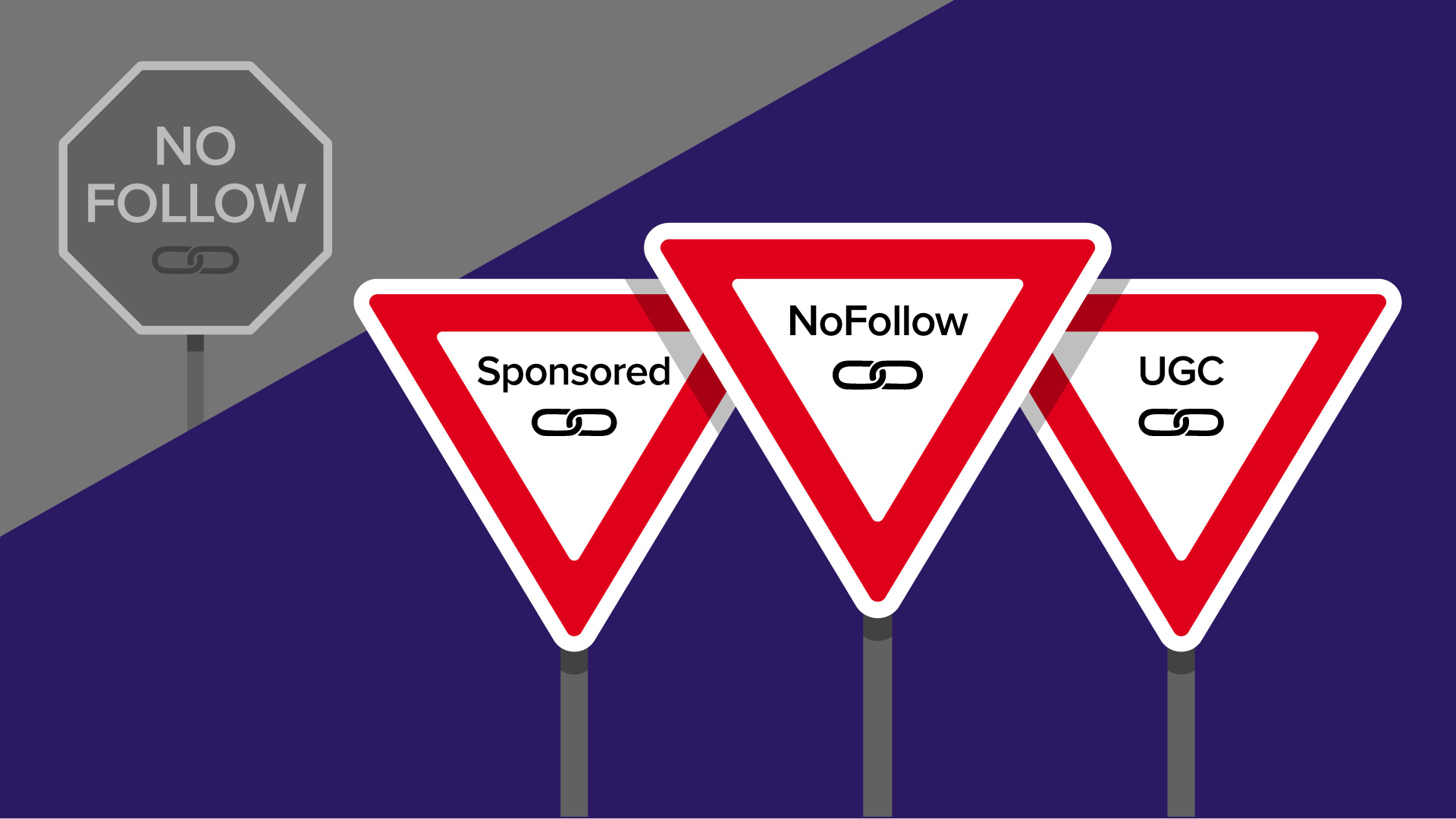Google recently announced a significant update to its algorithms: They now treat nofollow attributes as hints for ranking purposes. So, what does this mean for your site and your nofollow links? Find out here.
How Did Nofollow Links Previously Work?
Google implemented the nofollow attribution in 2005 for all paid, sponsored, user-generated content (UGC) and untrusted links. Publishers implemented nofollow links to address content spam and untrusted links from UGC. The nofollow attribution allowed publishers to protect themselves from being penalized for having links to spam or low-quality sites.
The nofollow attribution communicates to Google not to follow links during the crawling process. Essentially, any link with the nofollow attribute isn’t meant to be associated with the site and has no influence on crawling, indexing or ranking.
How Will Google Treat Nofollow Links With the Latest Algorithm Update?
Google will now use nofollow links as hints starting on March 1, 2020. They can still choose to ignore nofollow links or follow them for ranking purposes, as well as for crawling and indexing. Google stated, “We’ll use these hints—along with other signals—as a way to better understand how to appropriately analyze and use links within our systems.” Google has made it explicitly clear that, in a majority of cases, they will continue to ignore nofollow links per usual.
What Are the Major Changes With This Update?
Aside from Google exercising their discretion to use nofollow links as hints, they have also added two new link attributes: “sponsored” and “ugc.” These new link attributes will help Google better understand the links on a website from a more granular perspective.
rel=”nofollow”
Use the “nofollow” attribution when other attributions do not apply and when you don’t want Google to associate your site or crawl the linked page from your site. However, Google will use their discretion on whether or not the link will be followed.
rel=”sponsored”
Use the “sponsored” attribution to signify paid links or advertisements.
rel=”ugc”
Use the “ugc” attribution for things such as comments, forums and reviews. However, this attribution may not be necessary if a trusted contributor has created the UGC.
Bonus Tip:
You are able to use the link attributions in combination with each other. For example, rel=“nofollow sponsored ugc” is considered a valid attribution.
Am I Required to Make Changes to My Nofollow Links?
Google is not requiring publishers to make changes to their current nofollow attributions; however, for sponsored content, Google recommends switching over to rel=”sponsored.” With that said, there are some cases in which implementing the new attributes sooner rather than later could be beneficial:
-
- To help Google better understand the sites that the publishers, or their contributors, are linking to.
- For sites that are currently using the nofollow attribution for crawl control. Some larger sites may be utilizing nofollow as a way to prevent Google from wasting crawl budget, and this should be updated.
